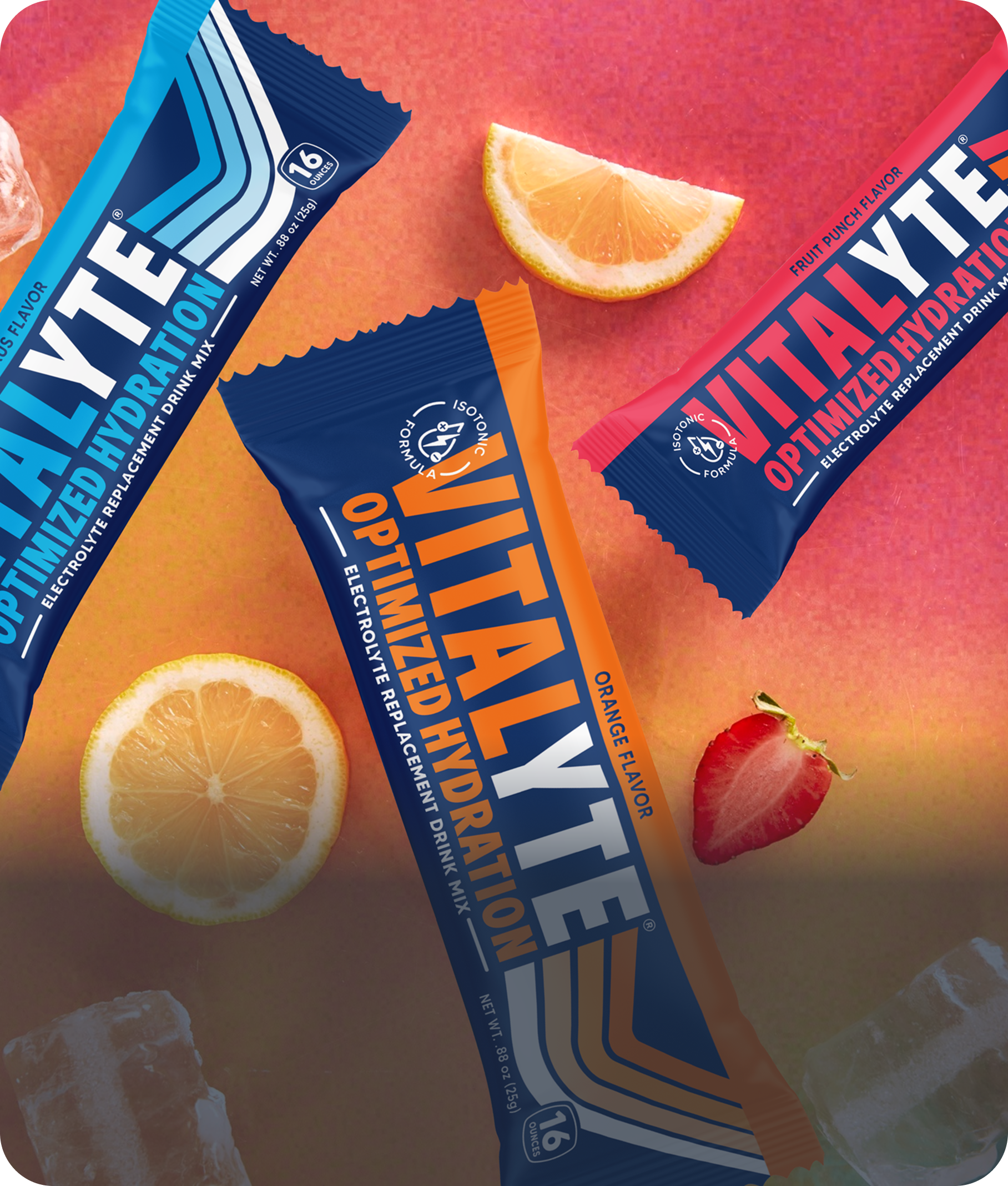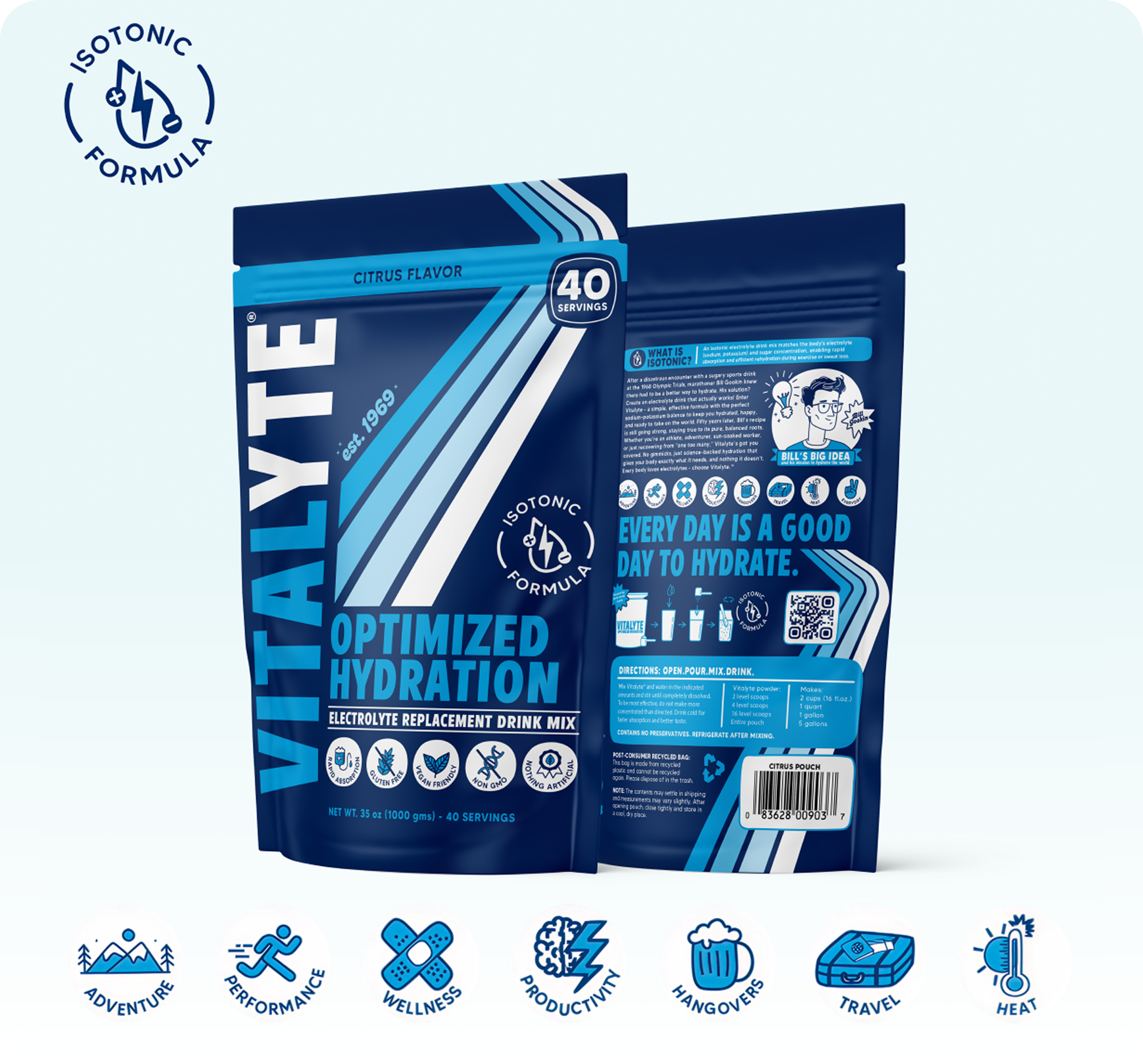When to Workout: Morning, Noon or Night
Share

I've often heard that starting your day with a workout is the way to go...and I get that. It kick starts your metabolism, burns more because you have yet to eat much and it starts your day off on the right track.
But what really is the right time of day to work out, or is there one? Some people are just not morning people and even those who are, I would imagine, still have a rough time getting up on occasion.
Further, I can get up for a light jog or a yoga class in the early morning hours, but a or a gnarly set of sprints? I just don't think my body is ready for that before the sun's up. That said here are some pros and cons of early am workouts you might find interesting.
And remember to hydrate before, during and after your workout. Dehydration disrupts your exercise routine, so replace those electrolytes as quickly as possible.
Mornings
Pros:
- The majority of people who exercise consistently do so early in the day. It is easier to form the exercise habit through morning exercise.
- Fewer distractions and schedule interruptions.
- Can make time for exercise by getting up a bit earlier.
- Raises your heart rate and metabolism to burn more calories earlier in the day.
- Gives a feeling of physical energy for hours.
- Improves your mental acuity for hours.
- Cooler temperatures in summer.
- Air pollution is lowest in the morning.
- The body adjusts to your exercise time, so if you are training for a morning sports event, train in the morning.
Cons:
- Body temperature is at its lowest 1-3 hours before awakening, making morning a time of naturally lower energy and blood flow.
- Cold, stiff muscles may be more prone to injury - be sure to warm up well before doing a higher intensity workout, and do gentle stretching.
- If you do not enjoy morning exercise, you won't easily form a habit by choosing a morning workout time.
- Because body temperature and hormones are higher in late afternoon, you probably get the same or better calorie-burning effects later in the day.
Noon
Pros:
- Can make a habit to walk and exercise at lunch time and break time.
- Can use a walking and exercise partner at work, school, or in your neighborhood.
- Body temperature and hormone levels are higher than first thing in the morning.
- Can help regulate the amount of food you feel like eating for lunch, can help you avoid break-time snacking.
- Improves blood flow to the brain so you are sharper in the afternoon.
- Stress relief from work, school, or home stresses.
Cons:
- Time limits may not allow you to get in a full workout - any amount is good, but best if you can walk for 30-60 minutes or more at a stretch
- Distractions and other commitments make keep you from walking and exercising at the appointed times.
- Research shows that lung function is worst at noon.
After work
Pros:
- For most people, body temperature and hormone levels peak at 6 pm. Exercising 3 hours before or after the peak will give your your best workout for both endurance and building muscle.
- Research shows lung function is best at 4-5 pm.
- Muscles are warm and flexible.
- Perceived exertion is lowest - how hard you feel yourself to be working at exercise. So you may be able to work out harder or faster by doing so in the afternoon.
- Can help regulate the amount of food you feel like eating for dinner.
- Stress relief after a day at work, school, or home.
Cons:
- Distractions and other commitments make keep you from walking and exercising at the appointed times.
Evening
Pros:
- For most people, body temperature and hormone levels peak at 6 pm. Exercising 3 hours before or after the peak will give your best workout for both endurance and building muscle.
- Muscles are warm and flexible.
- Perceived exertion is low — how hard you feel yourself to be working at exercise. So you may be able to work out harder or faster.
- Can help regulate the amount of food you feel like eating for dinner.
- Stress relief after a day at work, school or home.
Cons:
- Distractions and other commitments keep you from walking and exercising at the appointed times.
- Need to allow one to three hours to wind down after walking or exercise to be able to fall asleep.
As you can tell … there are perks and downfalls to them all so I guess the long and the short of it is find out what works for you and stick to it. Here's to working it out.
In curls, sprints and downward facing dogs in the morning, noon and night.

























